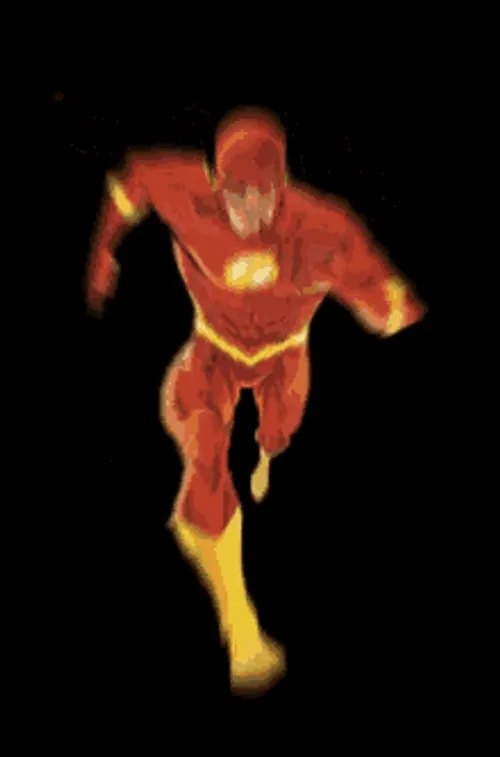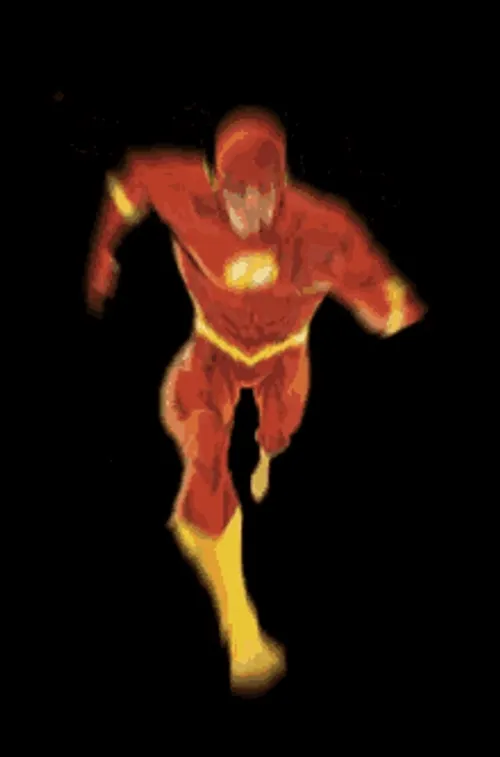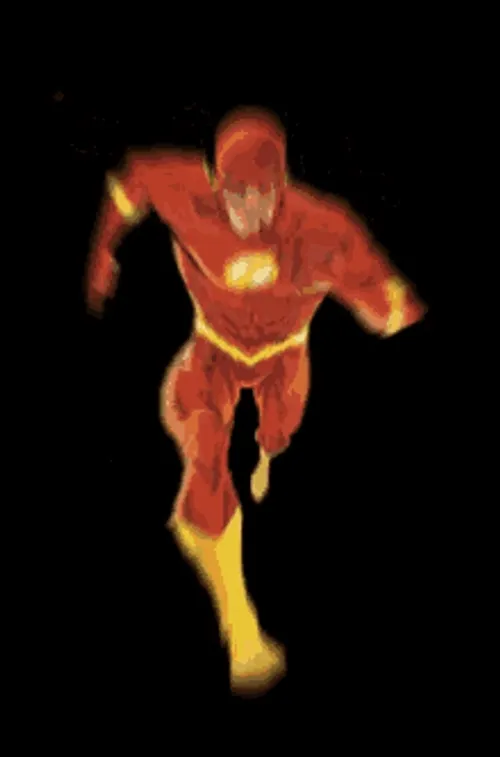MODALS-SUMMARY-1
CAN
| Present ability | Mary can play the piano. |
| Possibility | Jane can come back early today. | |
| Permission | Can I take your umbrella? | |
| Request | Can you open the window, please? | |
| Negative present deduction | She never speaks English. She always speaks Turkish. She can’t be a teacher. | |
Conditional Type I
| If you study hard, you can get a good grade. | |
| with the verbs of perception | Can you hear the noise in the class? | |
COULD
| past ability | Jane could swim when she was six. |
| request | Could you bring me a cup of tea, please? | |
| permission | Could I borrow your car, please? | |
| gentle doubt or possibility for the present and future | We have got enough time we could go for a picnic. | |
| İn reported speech instead of can | Mary said, “I can play the piano.” Mary said that she could play the piano . | |
| In Conditional Type II | If she sent me a postcard, I could write back. | |
MAY
| Possibility | Jill may come over this weekend. |
| Permission | May I smoke here? | |
| In Conditional Type I | If he studies hard early, we can pass the exam. | |
| Hope, faith, wish and curse | May all your dreams be true. | |
| In the phrase “may as well” | I may as well help you finish the homework. I have finished mine. |
MIGHT
| Possibility | It might snow at any time during the day. We can’t be sure. |
| Permission | Might I use your pen? | |
| In reported speech instead of may | Mary said, “I may go on holiday this week” | |
| In Conditional Type I II | If she is here, she might call. If they visited us, we might go out for lunch. | |
| In the phrase “might as well” | You might as well go out. | |
| MUST | Obligation | He must finish his homework. |
| Present affirmative deduction | All the lights are on. They must be at home. | |
| MUST NOT | Prohibition | You mustn’t smoke here. |
| NEED NEEDN’T | Question | Need I go out for shopping? |
| Lack of necessity | You needn’t get up early tomorrow. It is Sunday. | |
| OUGHT TO | Moral obligation and duty | You ought to be ashamed of yourself. |
| Advice | You ought to see a doctor. | |
| Strong probability | If they sent the letter yesterday, the postman ought to bring it at any minute now. | |
| Logical deduction | Jane worked hard all the year round. She ought to go on holiday. | |
| SHOULD | Obligation and duty | We should obey our teachers. |
| Advice | We should listen to our teachers carefully. | |
| Logical deduction | Mike is from London. He should know London very well. | |
| Strong probability | If she studied hard, he should pass the exams. |
SHOULD
| in conditional sentences(weak probability) | If you should find her address, please let me know. |
| in subordinate clauses after “in case” (weak probability) | I’ll do my homework in case the teacher should come to class tomorrow . | |
| after certain verbs and adjectives in a subordinate clause with the meaning of something must be done | The doctor suggested Sam should have an operation. | |
| in reported speech instead of “shall” in the first person interrogative | He said, “Shall I open the door?” He asked me if he should open the door. | |
| personal reaction to events | It’s natural that she should laugh at him. | |
| SHALL | in the future tense for the first person | I shall repair the car tomorrow. We shall study French next year. |
| determination in the first person | I shall eat what I like. I don’t mind what my doctor says. | |
| determination, promise or threat in the second and third person | I shall finish the letter today. | |
| in offers, suggestions, requests and advice | What shall we do at night? | |
| WILL | in the future tense for all persons | I will watch a film at the weekend. He will wash the car at 8. |
| willingness, promise and strong determination in the first person | I will give up smoking. | |
| strong determination in the second and third person | He will go to the cinema although his father doesn’t give permission to him. | |
| order | No one will use this telephone. | |
| habit | She will go to bed early. She is used to doing for years. | |
| invitation and offer | Won’t you have a cup of coffee? |
WILL
| request | Will you open the window, please? |
| prediction | I think you will like it. | |
| WOULD | request | Would you draw the curtains, please? |
| past habits | When I was at primary school, I would finish my homework at night. | |
| in reported speech instead of “will” | She said, “I will send her some presents tomorrow.” She said that she would send her some presents the following day. | |
| in Conditional type II | If I were you, I would visit her. | |
| willingness after “I wish” and “if only” | I wish my mother would talk less. If only you would come home early. | |
| refusal in the past | She wouldn’t listen what I told her. | |
| DARE | in negative and interrogative sentences | Dare you telephone her? |
| indignation | How dare you play football in the classroom? | |
| in the phrase “I daresay” | I daresay she will telephone you today. | |
| USED TO | past habits | He used to play football. She used to have a Mercedes. |
MODALS-SUMMARY-2
| OBLIGA TION NECESSITY | You He They | must have to had to ought to should | do it. | |
| ought to have should have | done it. | |||
| ABSENCE OF NECESSITY | They You | needn’t have don’t have to haven’t got to didn’t have to didn’t need to hadn’t (got) to | do it. | |
| WARNING PROHIBITION | You He They | oughtn’t to shouldn’t had better not mustn’t aren’t to | smoke here. shout . eat much. | |
| ARRANGEMENT | She He | will is going to is to was to | be getting ready today. come to us tomorrow. arrange a party. | |
| Will | you | be studying English? | ||
| PROMISES REFUSALS | I | will won’t | help you. clean the room. | |
| You | will | visit us. |
| OFFERS INVITATIONS | Shall | I | carry your parcel? turn on the lights? clean the room? | |
| Would | you | like me to open the door? like me to turn on the lights? like him to visit us? | ||
| Will Won’t | have a seat? have some tea? | |||
| Can | I | help you, sir? carry your parcel? | ||
| POSSIBILITY | He She | can/could may/might will | be a burglar. be a doctor at the door. | |
| could have | become ill. come back earlier. |
| PERMISSION | May Might Can Could Would | I | go out? go to bed? come in? | |
| He You | can may | come in? | ||
| REQUEST | Can Could | you | come this way? pass the sugar? | |
| Would Will | please come this way? please pass the salt? | |||
| ADVICE | You | should ought to had better | eat less. study hard. | |
| shouldn’t | eat anything fat. | |||
| shouldn’t have | done that. told a lie. |
| HABIT | He | will used to would | speak too slowly. get up early when he was at a student. | |
| PREFERENCES | I | would rather | go by bus. | |
| you went by train. | ||||
| have dogs than cats. | ||||
| PROBABILITY | She | may must should | be angry. be at home. be sleeping. |
| EXPECTATION DEDUCTION | He She Ali Mary | ought to should will | Come back by noon. answer the questions. win the reward. | |
| must | be sleeping. be tired. | |||
| should be should have | arriving here now. arrived here by tomorrow. | |||
| DETERMINATION WILLINGNESS | I | will would like to | do my best to get a licence.. live as I like. | |
| won’t shall not will never | cause another accident again. | |||
| You He | will | stay at the hotel. | ||
| Will | you | do the homework this weekend? |
| ABILITY | I | can am able to | do it by myself. | |
| could was able to | do it by myself when I was a child. | |||
| ORDERS | You | can / must | do it as I have told you. | |
| are to shall mustn’t | try it again. | |||
| Do it again, will | you? |
 web messenger
web messenger facebook messenger
facebook messenger purchase instant messaging software
purchase instant messaging software
Hiç yorum yok:
Yorum Gönder